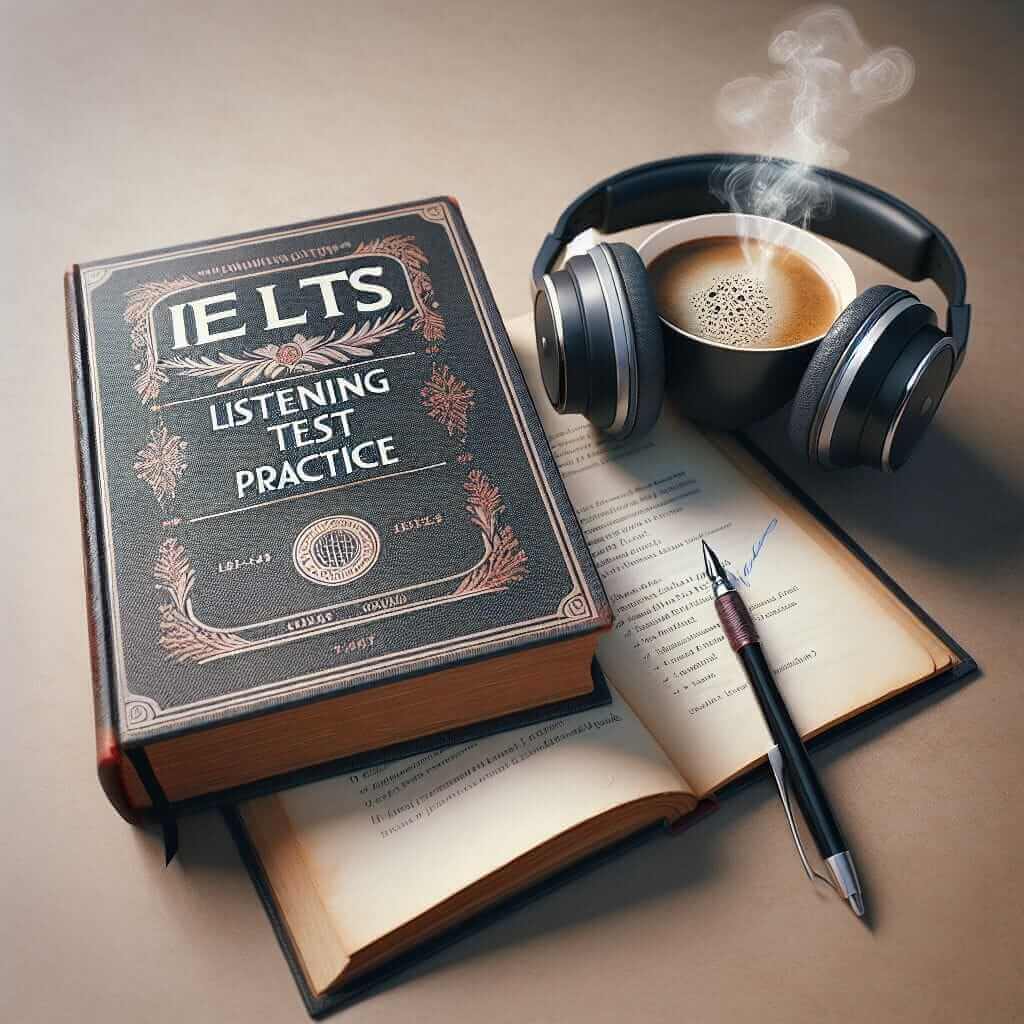Mastering the IELTS Listening test is crucial for achieving your desired band score. As an IELTS instructor with over 20 years of experience, I’ve witnessed firsthand the challenges students face and the strategies that lead to success. This comprehensive guide will delve into proven techniques to elevate your listening skills and boost your confidence on test day.
Understanding the IELTS Listening Test Format
Before diving into preparation strategies, it’s essential to familiarize yourself with the structure of the IELTS Listening test. The test is the same for both IELTS Academic and IELTS General Training and consists of four sections:
Section 1: A conversation between two people in an everyday social context.
Section 2: A monologue or conversation in an everyday social context.
Section 3: A conversation between up to four people in an educational or training context.
Section 4: A monologue on an academic topic.
You will hear each recording only once. As you listen, you’ll answer a variety of question types, including:
- Multiple choice
- Matching
- Sentence completion
- Form/Note/Table/Flow-chart completion
- Short-answer questions
- Diagram labelling
- Multiple choice
Effective Strategies for IELTS Listening Practice
Here are some proven methods to enhance your listening comprehension:
1. Active Listening:
Avoid passive listening. Engage actively with the audio by focusing on keywords, identifying the speaker’s purpose, and anticipating what might be said next.
2. Develop Vocabulary:
A strong vocabulary is paramount. Regularly learn new words and practice using them in context. Pay attention to synonyms and paraphrasing, as the test often utilizes different words to express the same idea.
3. Practice with Variety:
Utilize a range of listening materials, such as podcasts, news broadcasts, documentaries, and TED Talks. This exposes you to various accents, speaking styles, and topics, improving your ability to understand different English varieties.
4. Utilize IELTS Practice Tests:
Familiarize yourself with the test format and question types by taking regular practice tests. This helps you manage time effectively and identify areas for improvement.
5. Focus on Weaknesses:
Analyze your practice test results to pinpoint specific areas where you struggle, such as certain accents or question types. Devote extra time to improve these areas.
Illustrative Examples from IELTS Listening Tests
Let’s analyze some examples to solidify your understanding:
Example 1: Sentence Completion
- Audio: “…and the museum will be open from 10 am to 5 pm daily, except on Tuesdays when it closes at 3 pm.”
- Question: The museum closes at __ on Tuesdays.
- Answer: 3 pm
This example highlights the importance of paying close attention to details, especially time and numerical information.
Example 2: Matching
- Audio: “I’m particularly interested in the history of ancient civilizations, especially the Romans.”
- Options:
- (A) Modern Art
- (B) Ancient History
- (C) 19th Century Literature
- Answer: (B) Ancient History
This question tests your ability to identify the main idea and match it to the correct category.
 IELTS Listening Test Practice Material
IELTS Listening Test Practice Material
Expert Tips for IELTS Listening Success
- Manage your time wisely: You have limited time to read questions and write answers. Practice skimming and scanning techniques to locate information quickly.
- Pay attention to instructions: Carefully read the instructions for each section to avoid making careless mistakes.
- Don’t get stuck on one question: If you miss an answer, move on. You can always return to it later if time permits.
- Utilize the transfer time: Use the time provided at the end of each section to check your answers and prepare for the next section.
- Develop note-taking skills: Practice taking concise and relevant notes while listening. This can help you recall key information when answering questions.
Conclusion
Effective IELTS Listening preparation requires consistent effort and a strategic approach. By understanding the test format, implementing the strategies outlined in this guide, and dedicating sufficient time to practice, you can significantly improve your listening comprehension skills and achieve your desired band score. Remember, confidence comes with preparation.


